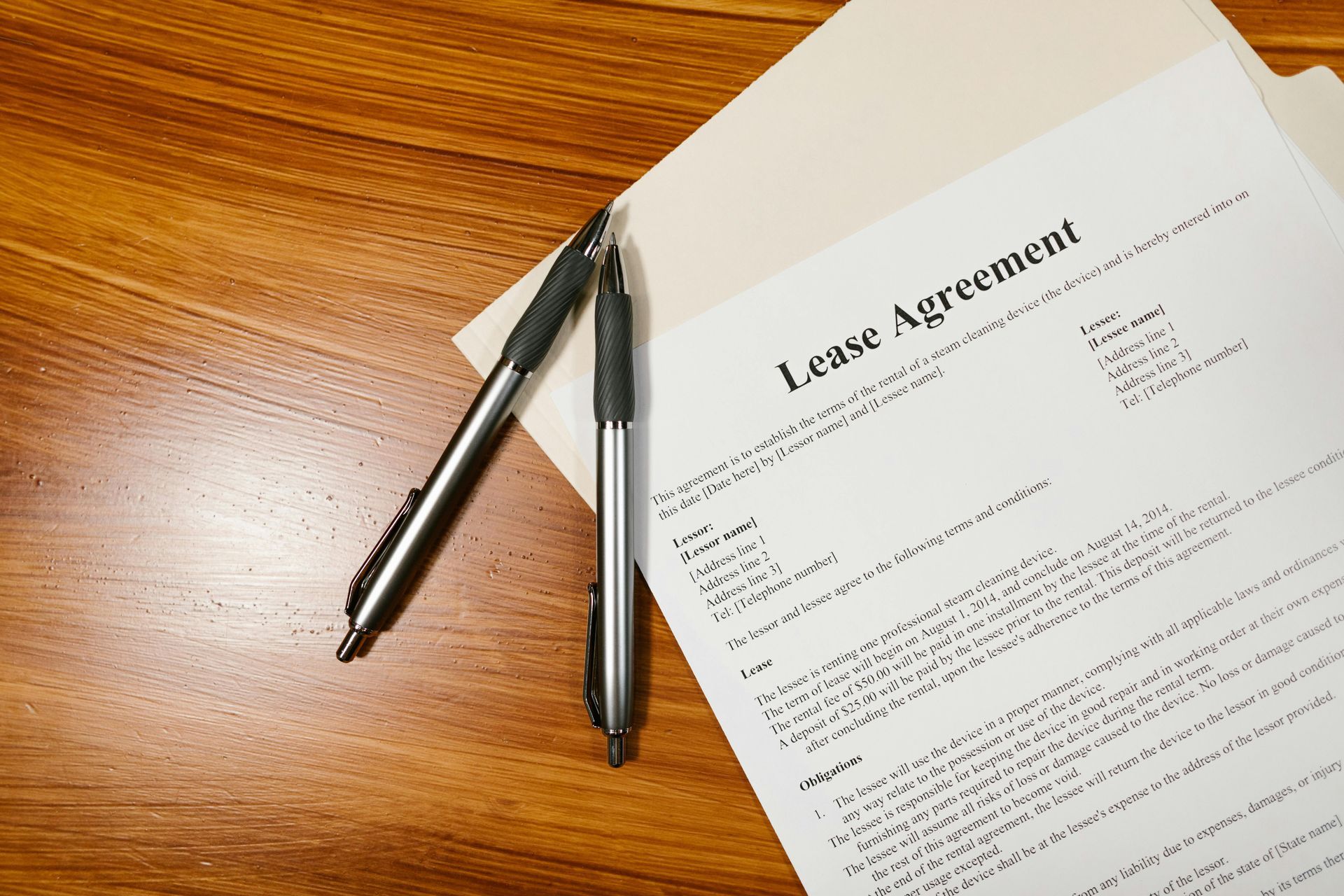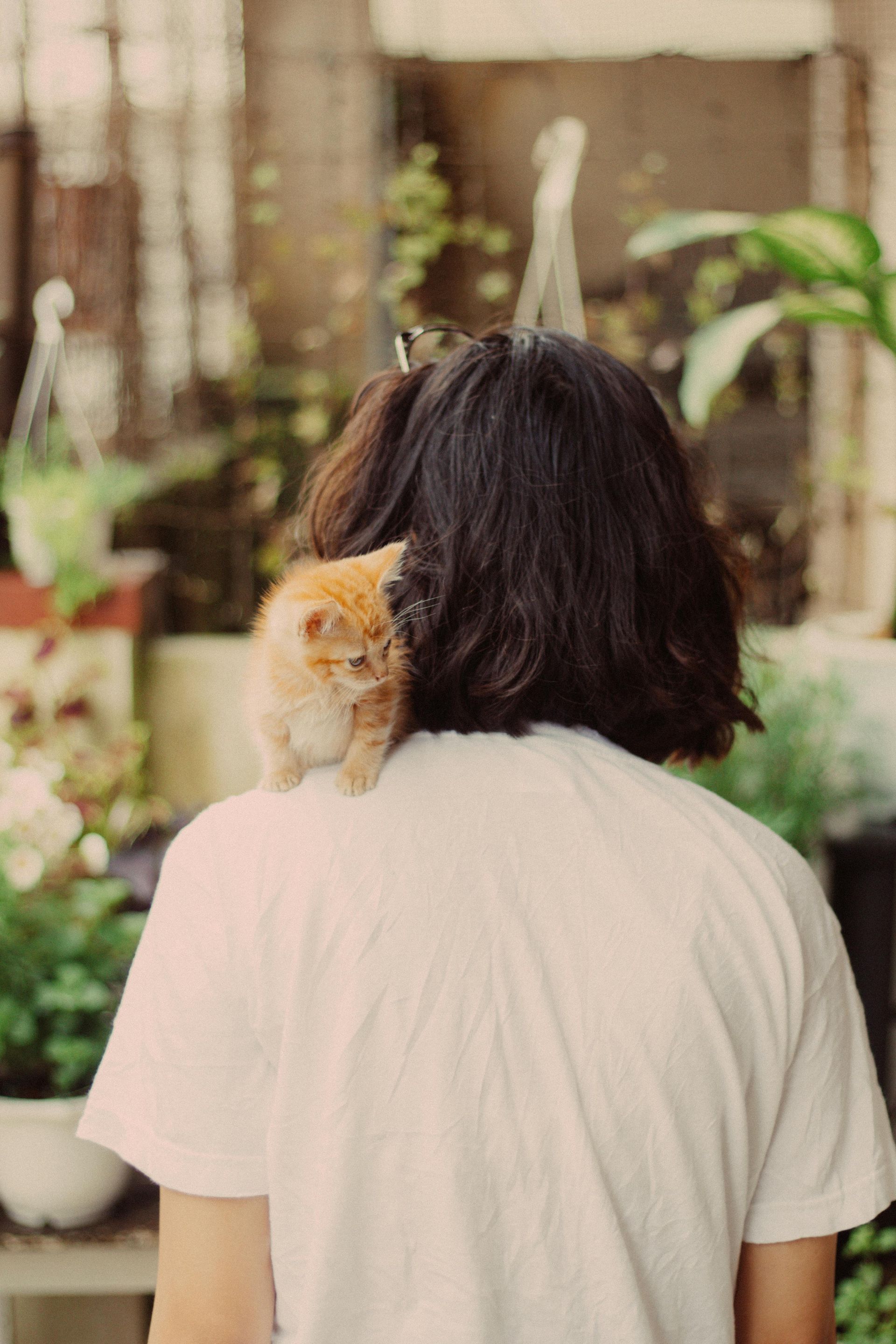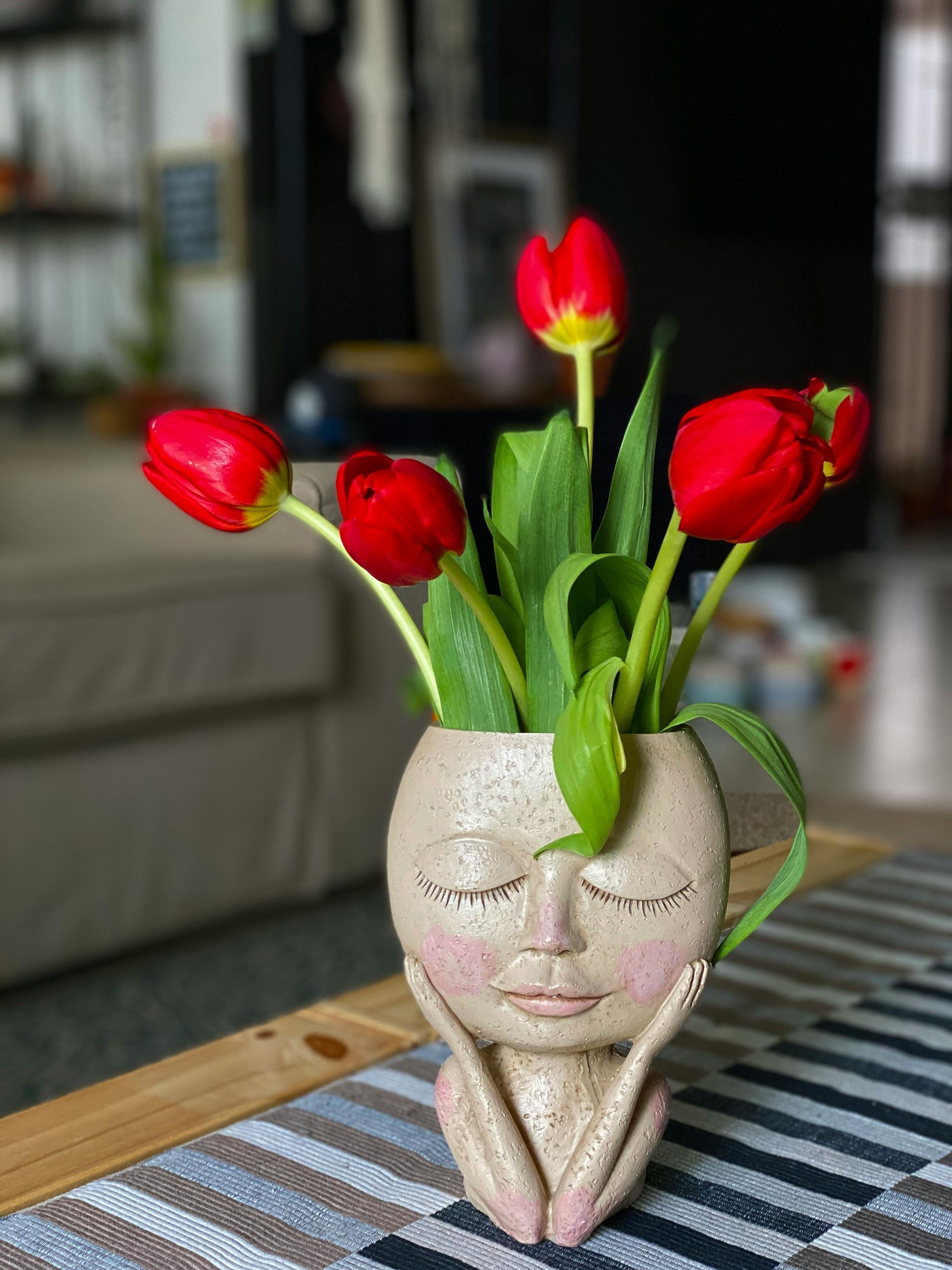Your Guide to Renter's Insurance
As a Minnesota or Wisconsin renter, you’re free from many of the responsibilities that come with homeownership - no worrying about roof repairs, lawn maintenance, or structural insurance. But while your property manager is responsible for the building itself, everything inside your apartment that belongs to you is your responsibility.
Think about the things that make your home feel like home: the cozy couch you finally treated yourself to, the blanket your mom gave you, the quirky antique table that perfectly fits your style. Add in your electronics, cookware, décor, and all the meaningful pieces you’ve collected over the years. These aren’t just things - they’re part of your life.
It’s a common misconception that a landlord’s insurance on a building will cover your personal belongings in the event of a fire, theft, or other disaster. But here’s a simple rule to remember: you insure what you own. The property owner covers the building; renters protect their possessions with a policy called renters insurance.
How Does Renters Insurance Work?
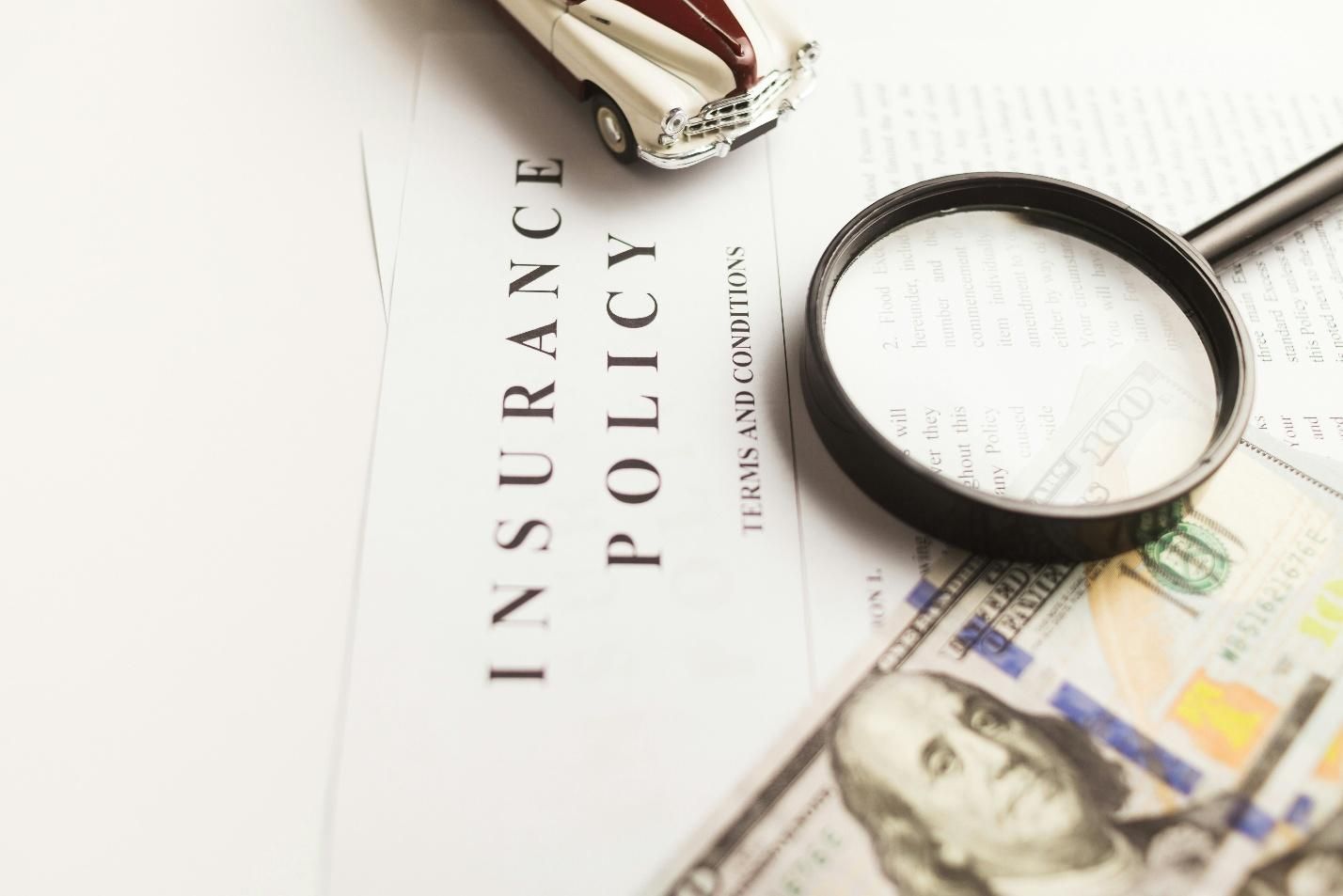
Renters insurance protects you in three important ways: it helps you repair or replace your belongings, pays for temporary living expenses if you’re displaced, and provides liability coverage if you’re held responsible for damages or injuries.
It Protects Your Belongings
The most familiar part of renters insurance is coverage for your personal items. If your belongings are damaged or stolen due to a covered event - like a fire, theft, or certain types of water damage, your policy can help pay to repair or replace them.
This includes things like furniture, clothing, electronics, and other essentials. Replacing these items out of pocket can be overwhelming, but renters insurance gives you peace of mind.
If your rental becomes uninhabitable due to a covered event, renters insurance can help with additional living expenses (often called ALE). This can include the cost of staying in a hotel, extra food costs, or even a temporary rental until you can return home.
Liability Coverage
Renters insurance also protects you if you’re held responsible for injuries or damages to others. For instance, if a guest is injured in your apartment and decides to sue, your policy
may help cover medical bills, legal fees, and other related costs. This coverage also applies if you accidentally cause damage to someone else’s property.
How Much Coverage Do I Need to Rent With Hornig Companies?
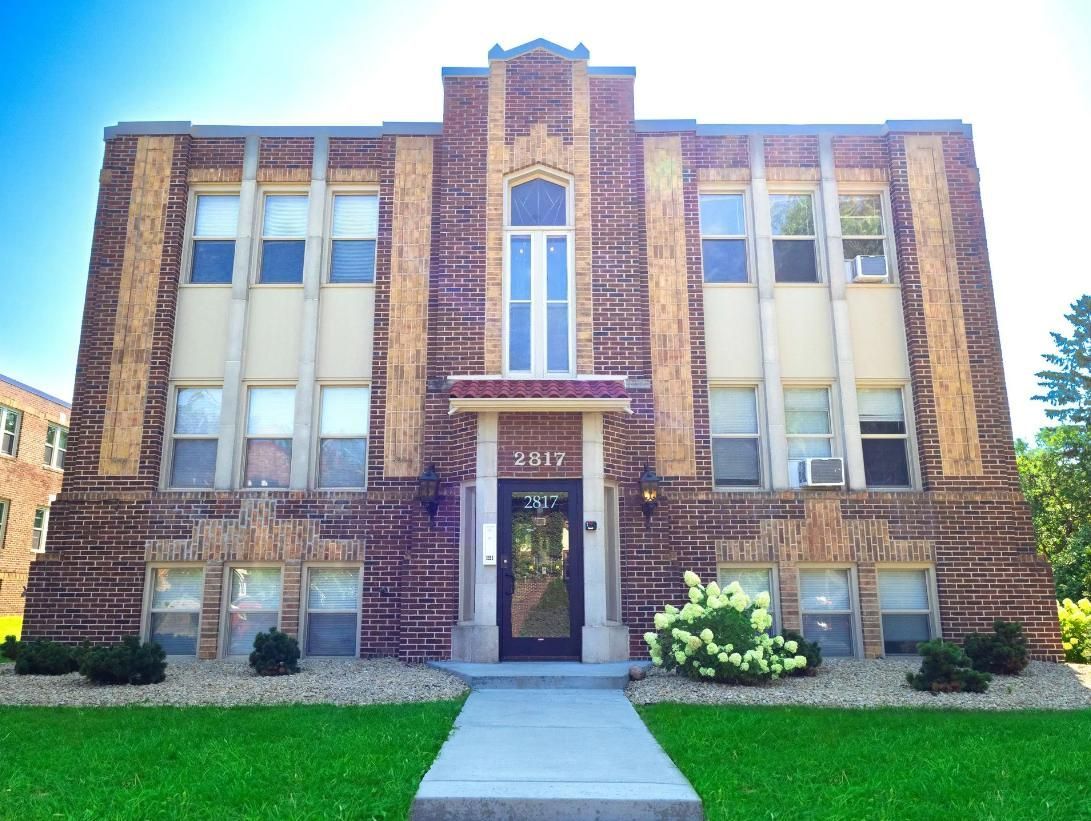
To ensure you’re fully protected, your renters insurance policy should cover the total value of your personal belongings - including furniture, clothing, electronics, sports gear, kitchen items, and more. The right amount of coverage varies for everyone, but a typical policy provides around $20,000 in personal property coverage.
Renters insurance with liability coverage is required for each Leaseholder and is separate from your monthly rent. A minimum of $100,000 in liability coverage is required for all policies.
You have several options for obtaining a renters insurance policy:
•Shop through the resident portal
•Bundle it with your car insurance
•Choose any provider you prefer
If you do not provide proof of insurance at move-in or your coverage lapses, you will be automatically enrolled in Landlord Liability Insurance (LLI) at our current rate of $15 per month (subject to change).
Please note: LLI provides liability coverage only—it does not protect your personal belongings. For residents in Tax Credit or Rural Development properties, please contact your site manager for specific insurance requirements.
Final Thoughts
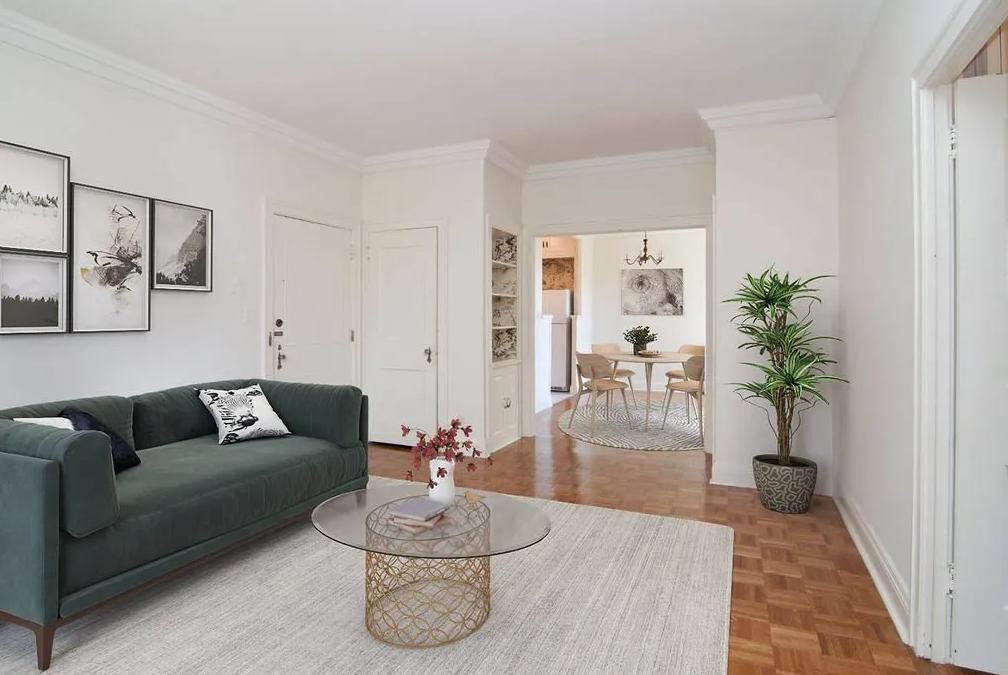
Renters insurance may not be something you think about often - but when the unexpected happens, it can make all the difference. Whether it’s a burst pipe, a break-in, or an accident involving a guest, renters insurance gives you a financial safety net and peace of mind.
It’s a small monthly investment that protects the things you care about most, covers your liability, and ensures you have a place to go if your home becomes temporarily unlivable. Most importantly, it gives you the confidence that you’re not facing these challenges alone.
Protect your space, your belongings, and your peace of mind - because even if you don’t own the building, what’s inside your home matters.






